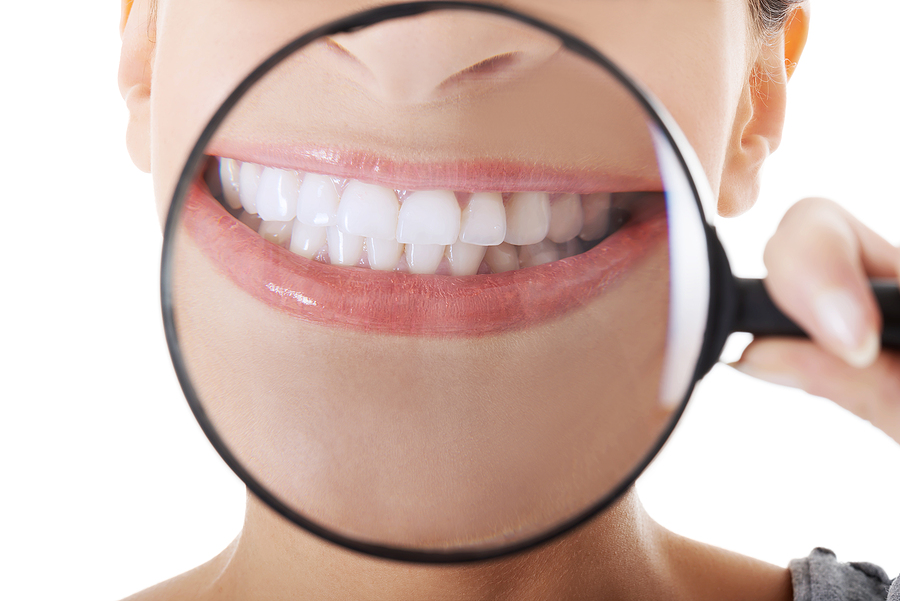Dry Mouth Causes And Proper Care
Posted by STONE DENTAL GROUP on Jun 15 2016, 01:05 AM
Saliva is very important to moisten and cleanse our mouths and digest food. Saliva also prevents infection by controlling the bacteria that enters the mouth. When your mouth is not creating any saliva it can become dry and uncomfortable. This is called Xerostomia, also known as “dry mouth”. Studies have shown that up to 20 percent of the adult population and nearly 50 percent of the elderly are affected by dry mouth.
Signs Of Dry Mouth
Often times dry mouth can be associated with medication use, cancer therapy, radiotherapy, and underlying medical conditions Clomid tablets. Dry mouth severity can range from mild oral discomfort to significant oral disease. Oral disease can compromise the patient’s health, dietary intake, and quality of life. The signs and symptoms of dry mouth are as follows:
- A sticky, dry feeling in the mouth
- Frequent thirst
- A dry feeling throat
- Sores in the mouth or sores or split skin at the corners of the mouth
- A burning or tingling sensation in the mouth
- A dry, red, raw tongue
- Bad breath
- Hoarseness, dry nasal passages, sore throat
- Problems speaking
- Problems chewing and swallowing
Professional Care For Dry Mouth
Individuals who are experiencing dry mouth should speak with their dentist or physician immediately. Early detection is best in order to determine underlying causes. The patient will need to have a thorough head and neck examination. Additionally, an intraoral evaluation will need to be performed to identify the presence or absence of salivary pooling on the floor of the mouth. This will help the dentist identify individuals who will benefit from further diagnostic evaluations such as salivary flow rate measurement, minor salivary gland biopsy, or blood and microbial tests.
Home Treatment to Relieve Symptoms
While you are waiting to see your physician or dentist, there are a few home remedies that you can use to relieve dry mouth symptoms. However, you should not solely rely on at-home treatments as proper care for dry mouth, as underlying issues may be occurring.
- Take frequent sips of water throughout the day.
- Use Ice chips and sugar-free items such as gum, hard candy and lollipops, frozen juices and soft drinks.
- Eat and drink tart foods and liquids.
- Add extra liquid to foods to make them easier to chew and swallow.
More Blog Posts

Keep That Glow: A Comprehensive Guide to Post-Treatment Smile Maintenance

Are Veneers Worth the Investment? Here’s What You’re Really Paying For

Do Dental Implants Feel Like Real Teeth? What You Need to Know

How Dental Implants Help Restore Proper Chewing and Speech

The Comprehensive Health Benefits of Investing in Cosmetic Dentistry
